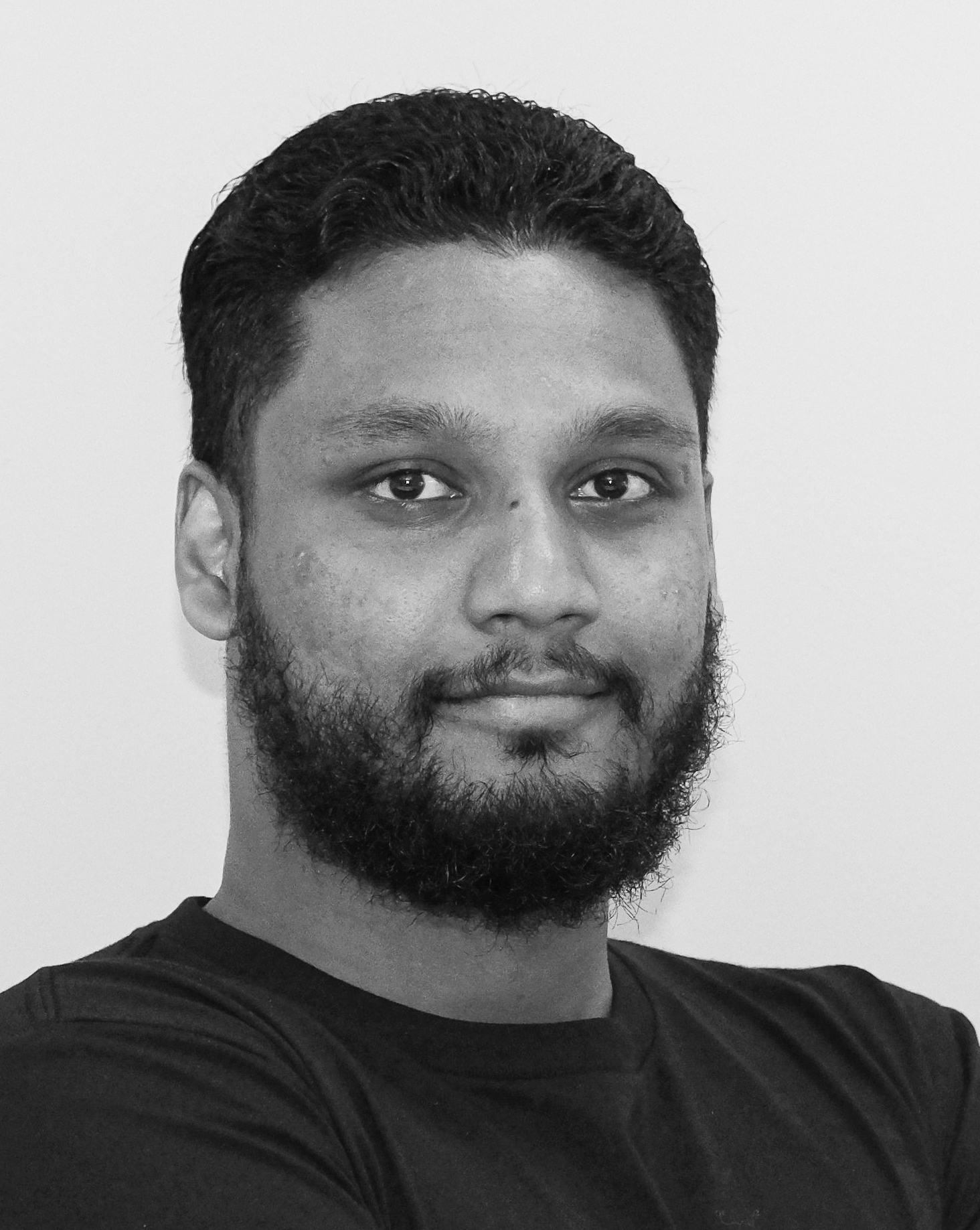KUALA LUMPUR – Field hockey, a sport that demands both physical agility and mental acuity, often leaves its players navigating the delicate balance between these two realms.
The Malaysian national hockey team, affectionately known as the Speedy Tigers, embodies this duality. Through my recent observations of their gameplay, it raises concerns about the mental readiness of our athletes.
When I recently spoke with Sarjit Singh, the head coach of the national team currently guiding his squad in the Asian Champions Trophy in China, his concerns were palpable. Despite holding an FIH Grade A coaching license and having access to an extensive network with some of the best coaches in the world, Sarjit expressed alarm over the difficulties he faces with his young squad, whose average age is just 24.
He identified a significant lack of “hockey sense” as a critical issue impeding their ability to grasp and execute his strategic instructions effectively. In a sport where split-second decisions can make or break a game, the ability to quickly comprehend and apply tactical directives is crucial. It’s concerning to see a coach of Sarjit’s calibre struggling to convey these fundamentals to his players.
As a lifelong fan of field hockey and now a sports reporter, I’ve observed that despite the presence of esteemed coaches from around the world such as Terry Walsh, Volker Knapp, Paul Lissek, Paul Revington, and Roelant Oltmans in the past, our national team has yet to achieve the same level of success that these coaches managed with other countries.
This raises a critical question: Is the problem with the coaches, or does it lie with the players?
In our society, academic achievement often overshadows the value of sports. Parents prioritise education, leading young athletes to sacrifice their studies for athletic pursuits. This creates a culture where sports are undervalued.
Yet, some of our greatest athletes have excelled on the global stage, including at the Olympics and Paralympics. In team sports like field hockey, however, a strong educational foundation can enhance performance on the field.
The legacy of legendary players such as Datuk Mirnawan Nawawi, Datuk R. Yogeswaran, Soon Mustafa Karim, Datuk Sri Shanmuganathan, Stephen van Huizen, Kuhan Shanmuganathan, and Datuk Poon Fook Loke is striking—they excelled both academically and athletically.
Today’s players, largely from sports schools, seem to lack the decision-making and mental sharpness these legends displayed. This raises questions about what is being taught in these schools. Are players fully engaging with the mental aspects of the game before being called up to the national team? Were they too comfortable in their sports schools, or is there a gap in their cognitive development? The answer remains elusive.
Sports schools may cover the basics, but where and how do our hockey athletes acquire the advanced skills necessary to become world-class players? A national coach’s role goes beyond teaching fundamentals; it’s about refining skills and instilling a deep understanding of tactical systems.
This is precisely what coach Sarjit has been striving to achieve since he took charge in March this year. Unfortunately, during my visits to watch the Speedy Tigers train for tournaments like the Sultan Azlan Shah Cup and the Nations Cup, I noticed a fundamental issue: our national coaches spend far too much time re-teaching basic skills that should have been mastered long ago.
This points to a significant gap in our development system. I personally believe it’s time for sports schools to seriously recruit top-tier hockey coaches who can elevate our players’ mentality and prepare them to work in line with the national coach’s instructions.
Continuously changing national coaches is futile if the players don’t shift their mindset and step out of their comfort zones. Even if the Malaysian Hockey Confederation (MHC) recruits a coach like Jeroen Delmee, who led the Netherlands to Olympic gold, progress will be limited if our players don’t adapt to modern hockey strategies and evolve their attitudes.
The lack of “hockey sense” among our players, as coach Sarjit pointed out, may also explain why they struggle to stay longer than six months or a year when they get opportunities to play with international hockey clubs in foreign leagues. Until our players embrace Mahatma Gandhi’s principle—“Be the change that you wish to see in the world”—our national team will remain labelled “jaguh kampung” (village champions). And we, as Malaysians, will continue to yearn for an end to our 24-year Olympic qualifying drought. — September 16, 2024
Sandru Narayanan is a sports journalist with Scoop.


